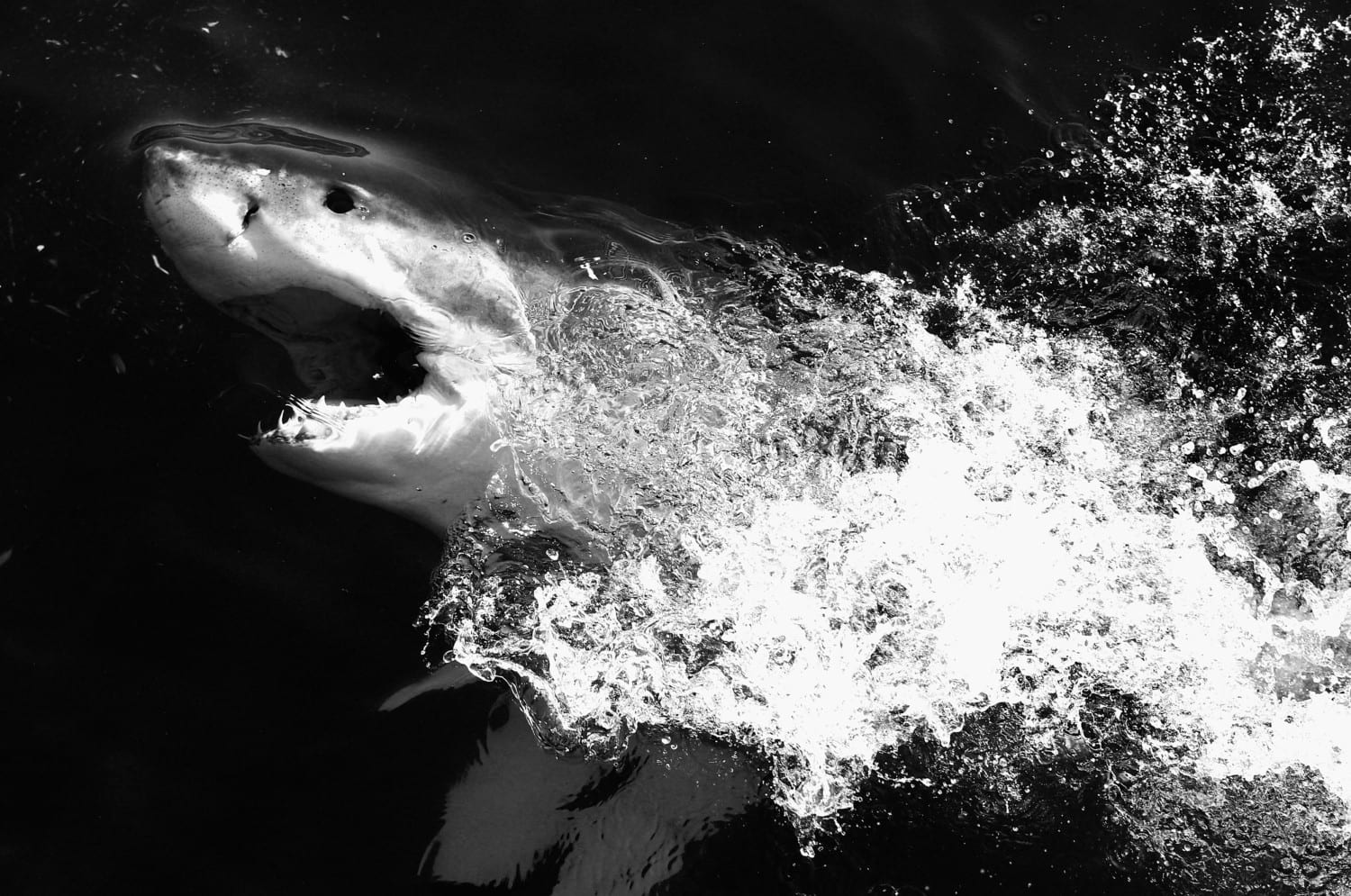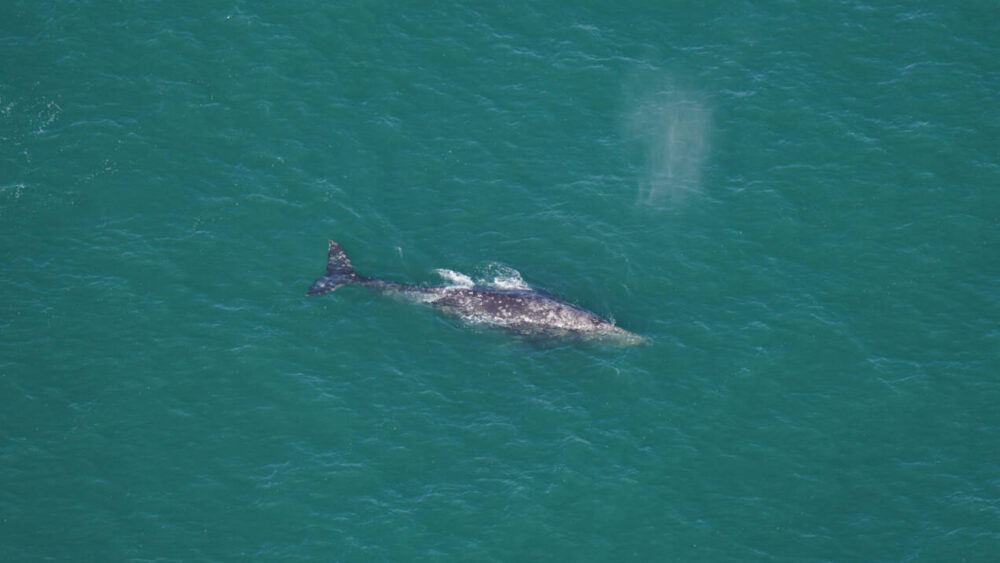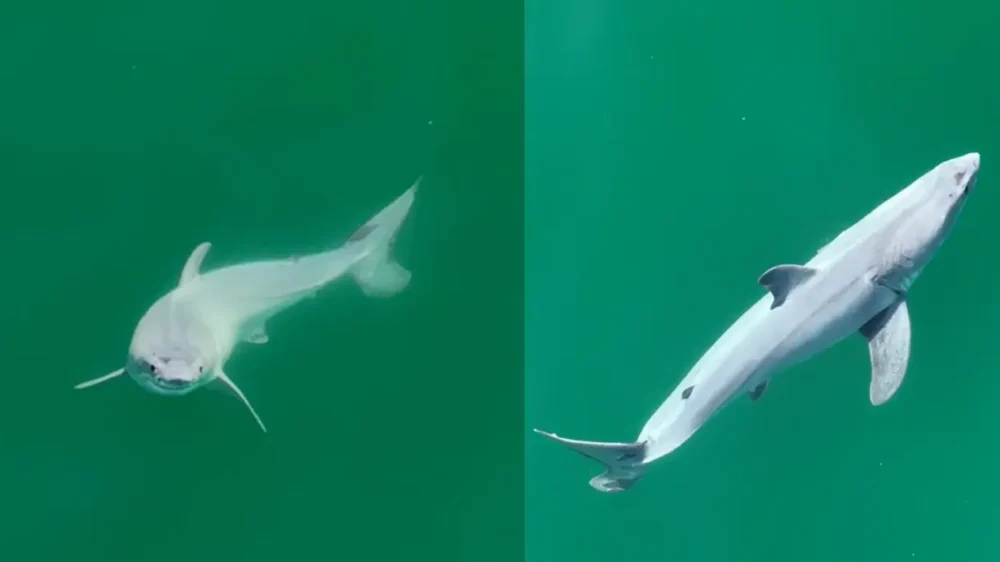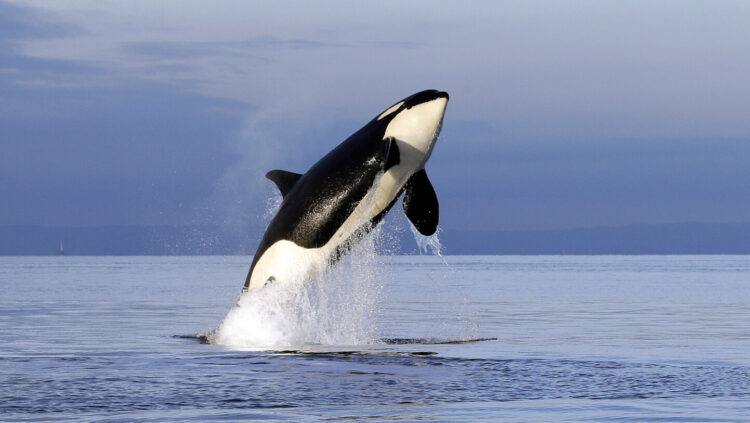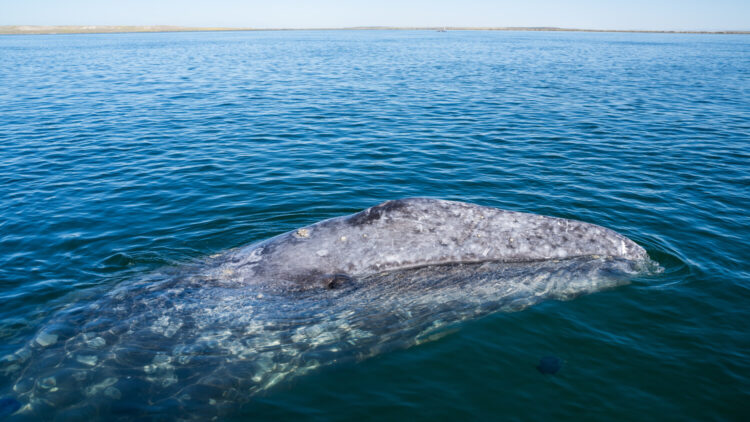18-foot great white shark devours a whale in front of a boat full of tourists
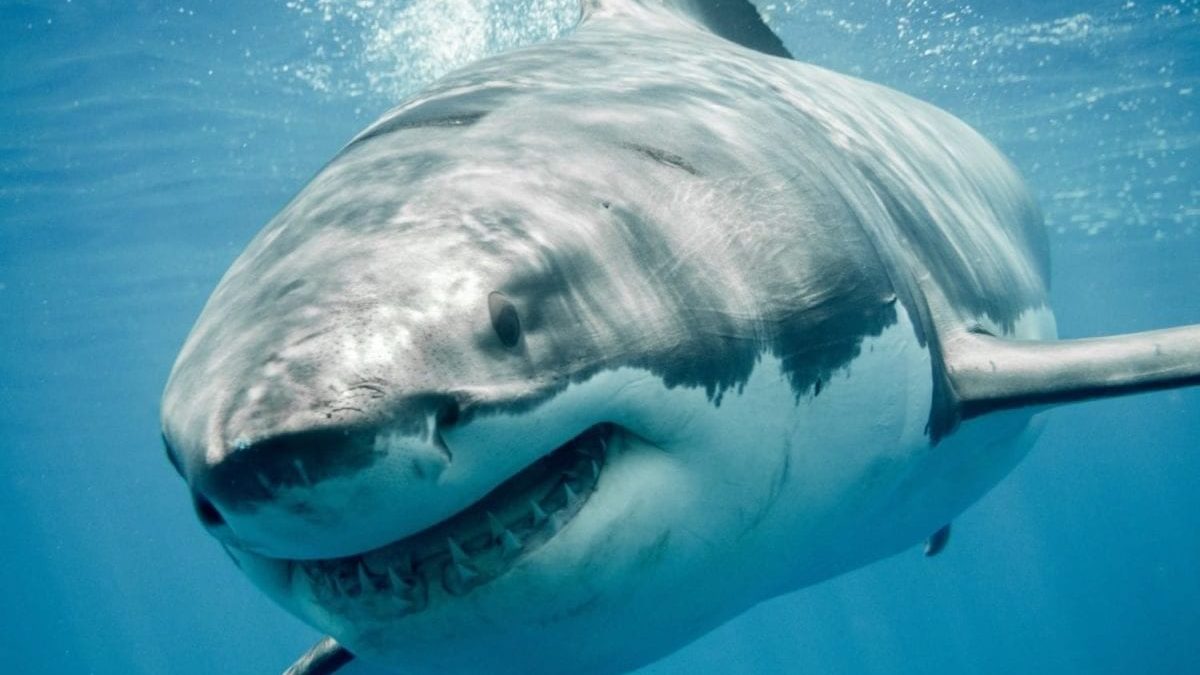
Imagine you’re on a whale-watching cruise, scanning the horizon for a waving fluke or a telltale spritz of seawater when suddenly it becomes Shark Week!
That’s what happened to a boatload of whale watchers in October 2018 when they came across two great white sharks chomping on the carcass of a finback whale in Cape Cod, Massachusetts.
Fortunately, there was a wildlife photographer aboard to capture some shots.
“We had received a report in the morning that this whale was floating in the bay and we were asked to try to document it on our way out on our whale watch,” Joanne Jarzobski told Insider.
Jarzobski has spent years studying marine biology and guiding marine education programs. But even she was left completely stunned by the sight of the sharks.
“It was truly an incredible experience to witness these apex predators recycling the dead finback whale,” Jarzobski wrote in a Facebook post about the encounter. “I’m still in awe!”
Great white sharks have a reputation as fearsome hunters — one that often overshadows their little-known scavenging behaviors. A 2013 study focused on scavenging sharks noted that whale carcasses may be a significant food source for the fish.
Interestingly, the same study also pointed out that great white sharks become more docile when they scavenge meat. They’ll even share their discovered meal with other sharks.
Gross fact: Sometimes sharks will throw up food they’ve already eaten to make room for meat with more calories. It’s all about efficiency with these guys.
The folks onboard the Hyannis Whale Watcher Cruises vessel certainly got more than they expected that day. They experienced an adventure on the high seas, complete with a close-up view of sharks displaying a rare behavior.
And while the sharks’ feat may seem gruesome, Jarzobski mentioned to Insider that their behavior is a good thing.
“As an important animal in our environment, sharks have gained a notoriously bad reputation,” she said. “Yet sharks are a very good sign of a healthy ecosystem.”


